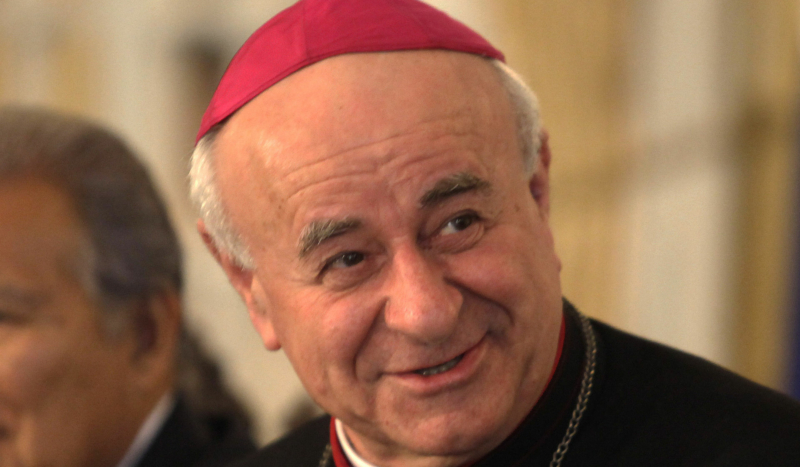
The president of the Vatican’s Pontifical Academy for Life announced his support for legalizing euthanasia during a conference last week in Perugia, Italy. Archbishop Vincenzo Paglia followed up his remarks with an op-ed in the Italian daily “Il Reformista.”
Paglia concluded that “a juridical mediation” legalizing a limited form of euthanasia in Italy “can constitute the greatest common good concretely possible in the conditions in which we find ourselves.”
In his article, Paglia admits that the current teachings of the Catholic Church are clearly opposed to euthanasia, but argues that Catholic moral doctrine can, and sometimes, must change.
“First of all,” Paglia writes, “I would like to point out that the Catholic Church does not have a package of prêt-à-porter, pre-packaged truths, as if it were a distributor of pills of truth.” He continued: “Theological thought evolves in history, in dialogue with the Magisterium and with the experience of the people of God (sensus fidei fidelium), in a dynamic of mutual enrichment.”
The President of the Pontifical Academy of Life argued that “the contribution of Christians is made within the different cultures, neither above – as if they possessed a truth given a priori – nor below – as if believers were the bearers of a respectable opinion, but detached from history.”
He then presented as an example of the “evolution” of moral doctrine in the Church “what happened with the question of the death penalty: due to the change in cultural and social conditions, for the maturation of reflection on rights, the Pope has modified the catechism.”
Currently, regarding euthanasia, “as believers we ask ourselves the same questions that concern everyone, in the knowledge that we find ourselves in a pluralist democratic society,” Paglia wrote.
After expressing his opposition to an open-ended legalization of euthanasia like the one approved in other European countries, Paglia explained that “in the time when death approaches I believe that the main response is that of accompaniment.”
“Certainly – he continues – it is about alleviating pain and promoting the culture of palliative medicine, which renounces healing and continues to take care of the sick person, with all his needs, and of his family. We know that in many cases the demand for euthanasia disappears; but not always.”
“In this context,” stated Paglia, “it cannot be excluded that in our society a legal mediation is feasible which allows assisted suicide in the conditions specified by the (Italian) Constitutional Court.”
In 2019, the Italy’s highest court concluded that euthanasia was constitutional in the limited circumstances in which the patient is “kept alive by life support treatments and affected from an irreversible pathology, a source of physical or psychological suffering that she deems intolerable, but fully capable of making free and informed decisions.”
A bill recently approved by the Chamber of Deputies but still pending in the Senate, basically establishes the same conditions.
“Personally – Paglia concludes – I would not practice assisted suicide, but I understand that legal mediation can constitute the greatest common good concretely possible in the conditions in which we find ourselves.”
In 2020, Archbishop Paglia expressed his “full support” to Pope Francis’ position opposing euthanasia; but not before sparking a polemic in 2019, when he said that he would “personally hold hands” with a person who has decided to kill herself.
Paglia also sparked another controversy in 2022 when he defended the Pontifical Academy for Life publishing a book that contained an open challenge to the teaching of the Catholic Church regarding birth control.
Also, in October 2022, Paglia defended the decision to appoint a noted pro-abortion atheist as a member of the Pontifical Academy for Life.
The Academy for Life was created by Pope St. John Paul in 1994 with the specific goal of “the defense of life, above all in the direct relation that they have with Christian morality and the directives of the Church’s Magisterium.”
The Academy’s first president was the world-famous French geneticist Jérôme Lejeune, whose cause of beatification is currently in process. Vincenzo Paglia has been president of Pontifical Academy of Life since August 15, 2016.

